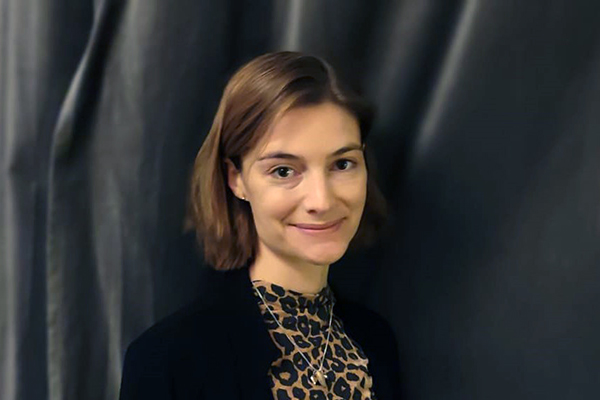Dr Börjesson will join two fellow researchers from the same department, Professor Isto Huvila and Senior Lecturer Dr Anna Foka, in working to promote access to findable, accessible, interoperable and reusable (FAIR) research data.
What does this mean? What does EOSC do?
“The idea behind EOSC is to develop and coordinate existing data infrastructures and research data support to make it easier to share, search for and use data. The European Council has designated EOSC as a pilot project for developing the new European Research Area (ERA).”
Why did you get involved in open science?
“Open science is crucial to ensuring that research funding can be allocated to the research that best promotes human health and societal development. Open science is also an approach that makes research more visible and reinforces its legitimacy in society.”
What does your own research deal with?
“I study how research data can be made more reusable and one key factor in reusability is adequate descriptions of how the data have been created and processed. The challenge lies in defining the format and vocabulary of data descriptions so that they work in various contexts and can be read by both people and machines.”
So, what specifically will you and your EOSC task force be doing?
“In the Semantic Interoperability Task Force, we will be surveying existing metadata standards and developing new tools for coordinating metadata standards. The job also involves arranging training sessions and formulating recommendations for the next stage of EOSC’s work.”
